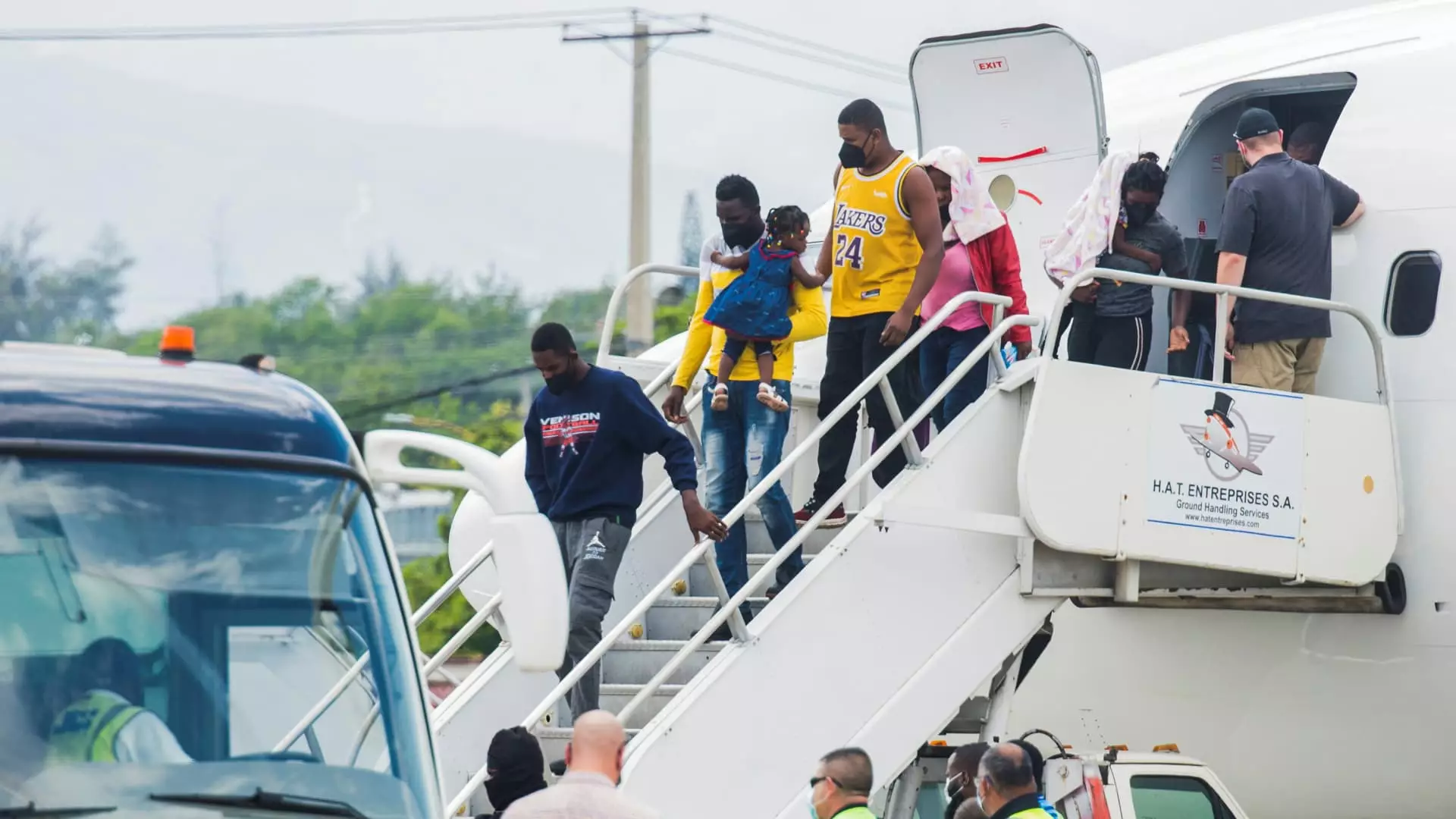In a significant reversal of immigration relief policies, the Trump administration has decided to terminate the recently extended Temporary Protected Status (TPS) for Haitian nationals living in the United States. This decision not only disrupts the lives of nearly half a million Haitians but also sheds light on the complexities surrounding U.S. immigration policy, especially concerning vulnerable populations affected by natural disasters and violent conflicts. This article explores the implications of this policy shift, the historical context of TPS, and the broader consequences for affected communities.
Temporary Protected Status provides a measure of humanitarian relief to individuals who cannot safely return to their home countries due to crises such as wars, natural disasters, or other extraordinary conditions. The United States has employed TPS to offer temporary relief to various groups over the years, with Haiti being one of the prominently affected nations. Following the catastrophic earthquake in 2010, TPS was first granted to Haitians who were already residing in the U.S. This protection was renewed several times over the years, especially considering the ongoing instability in Haiti, which has witnessed severe political unrest and escalating gang violence.
In June 2024, the Biden administration extended TPS for Haitians until February 2026, a decision that reflected a commitment to addressing the ongoing humanitarian crisis in the country. However, the recent announcement from the Department of Homeland Security (DHS) signaling the cancellation of this extension poses significant risks to the well-being of many individuals and families who have built their lives in the U.S.
The rhetoric surrounding the cancellation of TPS has been fiercely critical, with commentators emphasizing the inhumane consequences of deporting individuals to a nation overwhelmed by violence. Beatriz Lopez, co-executive director of the Immigration Hub, articulated the core argument against the policy by labeling the actions of the Trump administration as cruel and chaotic rather than protective. Stripping away legal status not only increases anxiety among Haitian nationals but also subjects them to the risks associated with living undocumented in the U.S., including job insecurity and separation from family members.
As of July 2024, the DHS estimated that around 520,694 Haitians would be affected by the termination of TPS, illustrating the scale of this humanitarian crisis. Deporting individuals to a conflict-ridden country where gang violence has led to over 5,600 fatalities within the year raises moral questions about the responsibility of a nation towards those it has welcomed.
The cancellation of TPS is not merely a legal or bureaucratic issue—it has real, tangible effects on the lives of individuals and families. Many Haitians in the U.S. have established roots, contributing to their communities as workers, parents, and neighbors. The U.S. economy relies on the participation of these individuals in various sectors such as healthcare, construction, and hospitality, among others. By revoking their protected status, the government jeopardizes not just the livelihoods of Haitian nationals, but also the operational stability of industries that depend on their labor.
Furthermore, this policy shift deepens the fears of working families, many of whom live in apprehension of deportation and the subsequent destabilization of their lives. The moral implications are profound; how can a country claim to uphold democratic values while simultaneously endangering the lives of those who have sought refuge from violence and instability?
In light of these developments, it becomes evident that immigration policies must be approached with compassion and a broader understanding of the contexts that necessitate such protections. The termination of TPS for Haitians calls into question the ethical considerations underpinning U.S. immigration policy. As the crisis in Haiti continues to evolve, it is imperative for policymakers to recognize the human impact of their decisions and to craft solutions that prioritize safety, stability, and dignity for all individuals facing persecution and violence abroad.
As the status of nearly half a million people hangs in the balance, the call for a more humane and just immigration policy has never been more urgent. The U.S. must step up to fulfill its responsibilities as a global leader in humanitarian efforts, ensuring that vulnerable populations receive the protection and support they rightfully deserve.

Leave a Reply